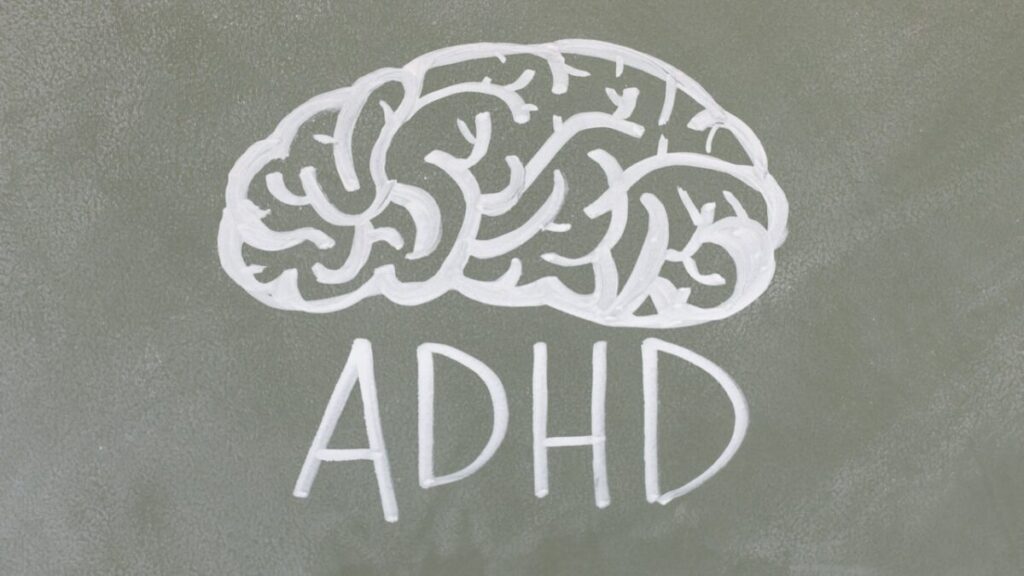ADHD, which stands for Attention Deficit Hyperactivity Disorder, is a neurodevelopmental condition impacting individuals across various age groups, encompassing both children and adults. This disorder is marked by enduring patterns of inattention, hyperactivity, and impulsivity, potentially disrupting everyday activities. While the precise origin of ADHD remains uncertain, it is thought to arise from a blend of genetic, environmental, and neurological influences.
Three primary signs of ADHD include:
1. Inattention:
Difficulty sustaining attention in tasks or play activities.
Frequent careless mistakes in work or other activities due to lack of attention to detail.
Forgetfulness in daily activities and easily distracted by unrelated stimuli.
2. Hyperactivity:
Excessive fidgeting, tapping, or restlessness.
Inability to stay seated in situations where it is expected.
Difficulty engaging in quiet, calm activities.
3. Impulsivity:
Acting without thinking about the consequences.
Interrupting or intruding on others’ conversations or games.
Difficulty waiting for one’s turn in situations where it is required.
ADHD can significantly affect various aspects of a person’s life:
1. Academic and Work Performance:
Individuals with ADHD may struggle with tasks that require sustained attention, organization, and time management, leading to academic and occupational challenges.
2. Relationships:
Impulsivity and inattention can affect social interactions, leading to difficulties in maintaining relationships. Communication may be impacted due to impulsive responses or an inability to focus during conversations.
3. Emotional Well Being:
ADHD is often associated with emotional dysregulation, including mood swings and heightened sensitivity to stress. This can contribute to anxiety and depression.
4. Daily Functioning:
Simple daily tasks, such as getting organized, completing household chores, or managing time, may be challenging for individuals with ADHD.
5. Risk Taking Behaviors:
Impulsivity can lead to engaging in risky behaviors, both in personal and professional contexts.
It’s important to note that ADHD symptoms can vary widely among individuals, and not everyone with ADHD will display the same set of challenges. Diagnosis and treatment typically involve a comprehensive assessment by a healthcare professional, and interventions may include behavioral therapies, psychoeducation, and, in some cases, medication.
If you suspect that you or someone you know may have ADHD, it’s crucial to consult with a healthcare provider for a thorough evaluation and appropriate management strategies.
also read :
how to improve child concentration ? Here are Some Tips !!
